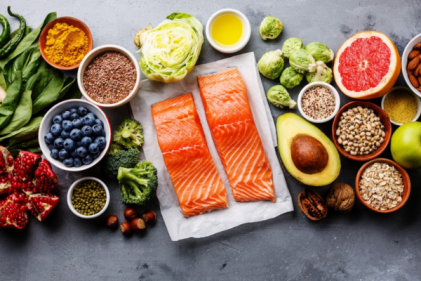We're three weeks into the new year and if you, like many others, are struggling to keep sugar cravings at bay as a result of a certain New Year's resolution, don't be too hard on yourself because apparently it's not our fault, but simply a reaction to a certain exchange within our brain.
According to a new study conducted by researchers at Duke University, our reliance on sugar has longer lasting effects on our brain than most of us might realise meaning that it can be incredibly difficult to turn a blind eye to the source of our temptation.
According to the Huffington Post, while experts in the field have long known the addictive nature of sugar, new research focuses its attention on the reasons why it's so supremely difficult to kick the habit.
Training mice to develop a sugar habit for the purpose of the study, researchers taught the creatures to press a lever in order to receive tiny sweets,and quickly ascertained that the mice who became hooked on sugar couldn't stop pressing the lever even after the sweets had been removed.
Comparing the brains of the mice who developed the habit with those who managed to break it, researchers analysed a specific area of the brain known as the basal ganglia which is responsible for motor actions and compulsive behaviours.
It is understood that this particular area contains two pathways - one which spurs us into action by sending 'go' signals and one which prevents us from acting by sending 'stop' signals.
Researchers established that in the brains of the mice who had become addicted to sugar, the 'go' signal would activate before the 'stop' signal while the opposite was found to be true for the non-addicted rodents.
Speaking to the Huffington Post, Dr. Calakos, an associate professor of neurology and neurobiology, explained: "We found that the strengthening of both cell types was a strong predictor of whether the mice had behaved habitually or not."
"But we saw another feature that also strongly predicted how habitual the mice were – and this suggested that the two cell types may be in a race to influence our actions, with whichever signals first winning. In the most habitual mice, the 'go' cells tended to fire before the 'stop' cells. While in the least habitual mice, the 'stop' cells went first."
Expanding on their findings, researchers concluded that the weakening of the 'go' neurons could ultimately play a role in breaking bad habits.
Elaborating on this, Dr. Calakos said: "You could imagine a range of possibilities for using this information to help people with bad habits, from simple behavioural strategies that correlated with reduction in activity of this brain region to medicines targeting these cells."
The study was published today in Neuron.









